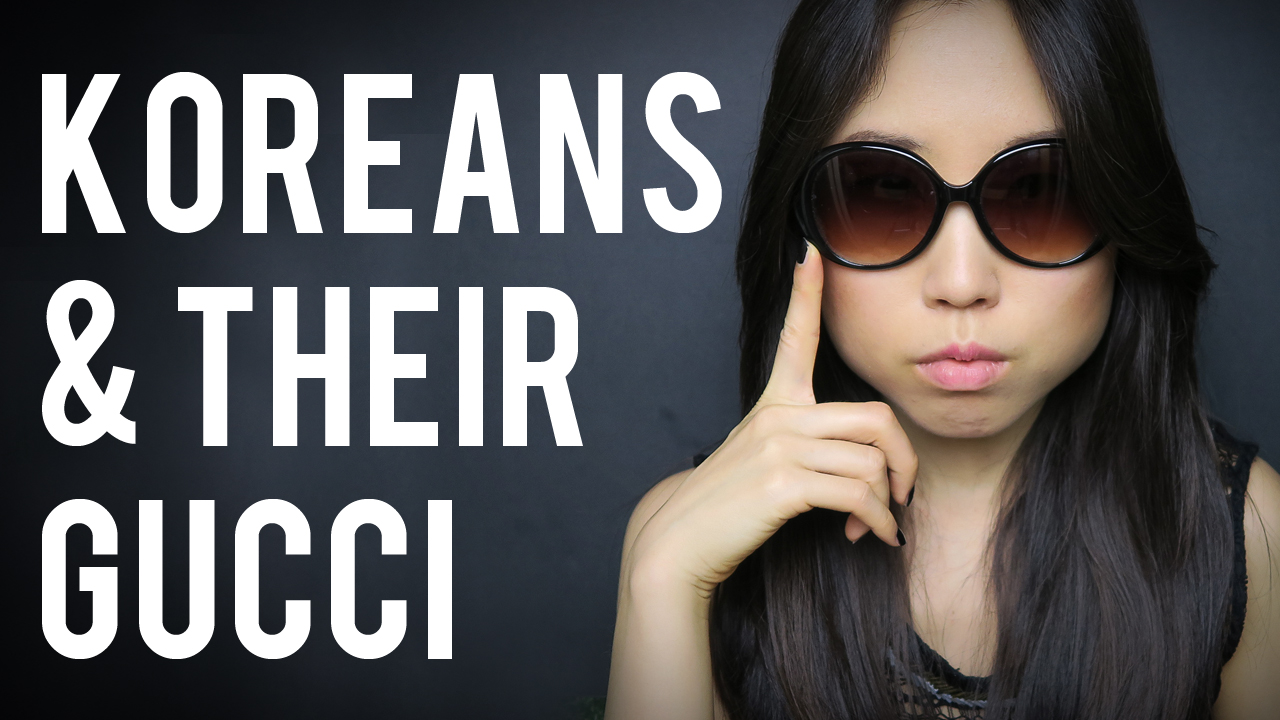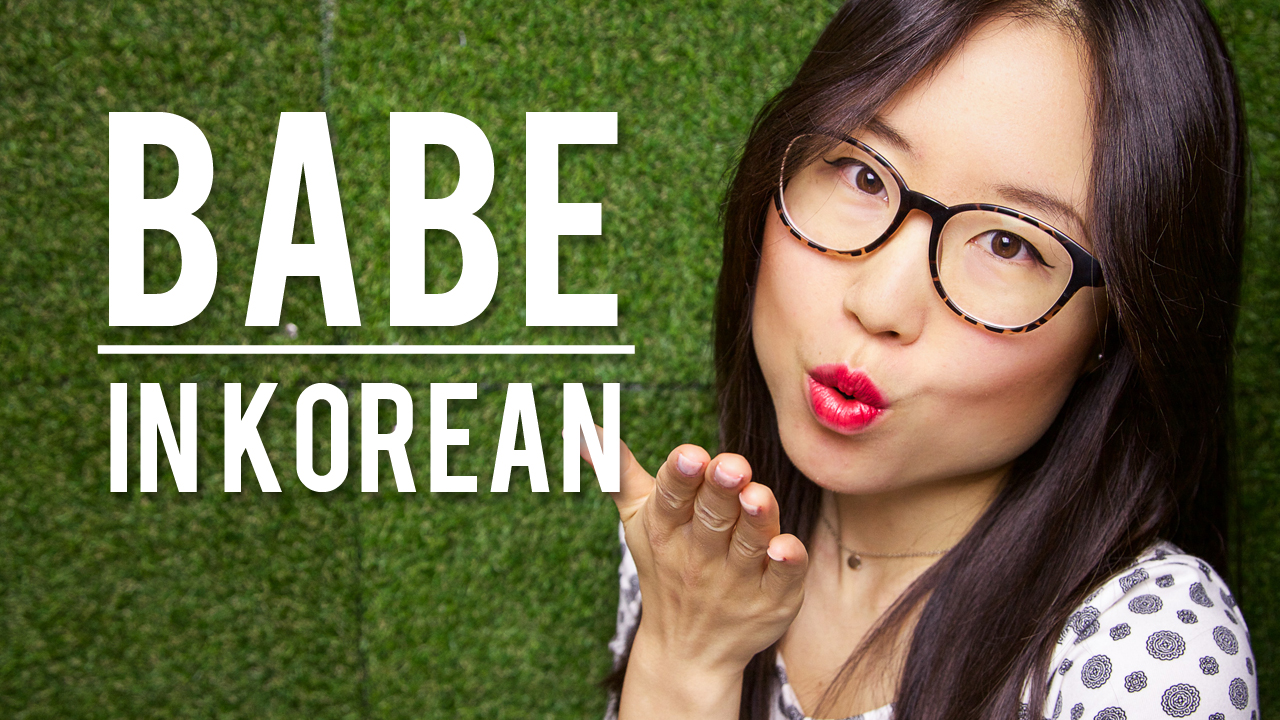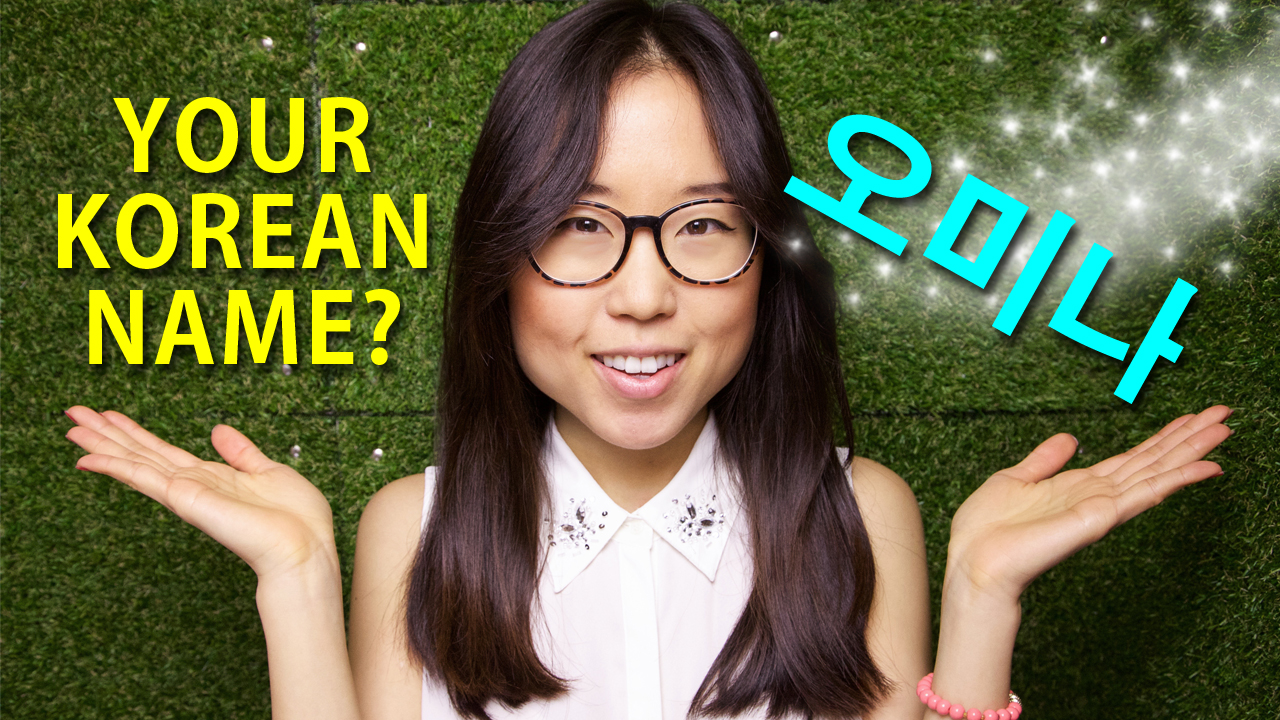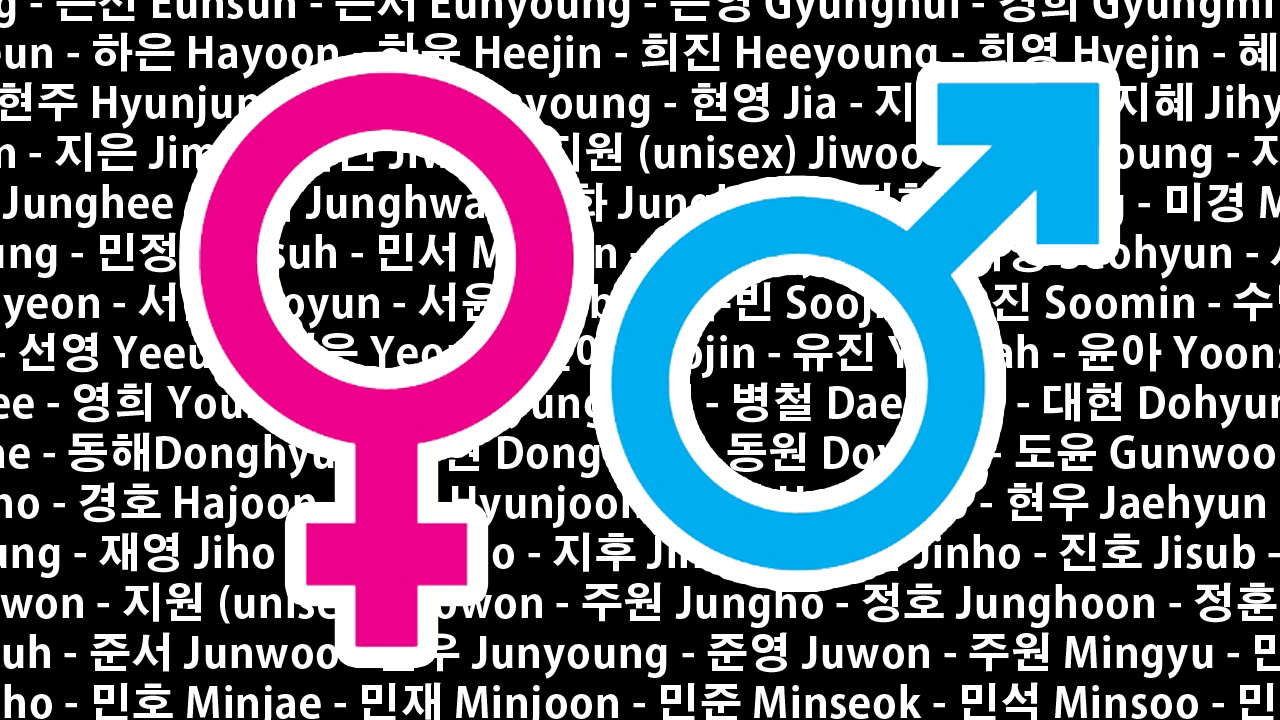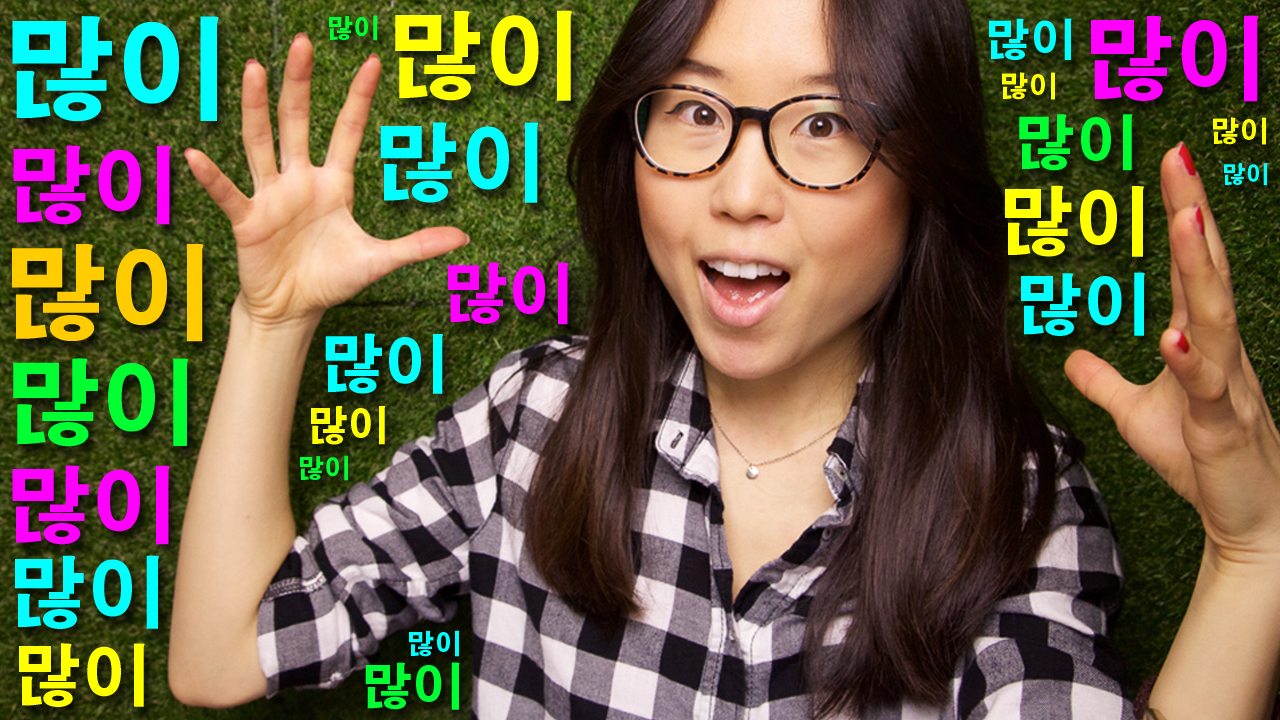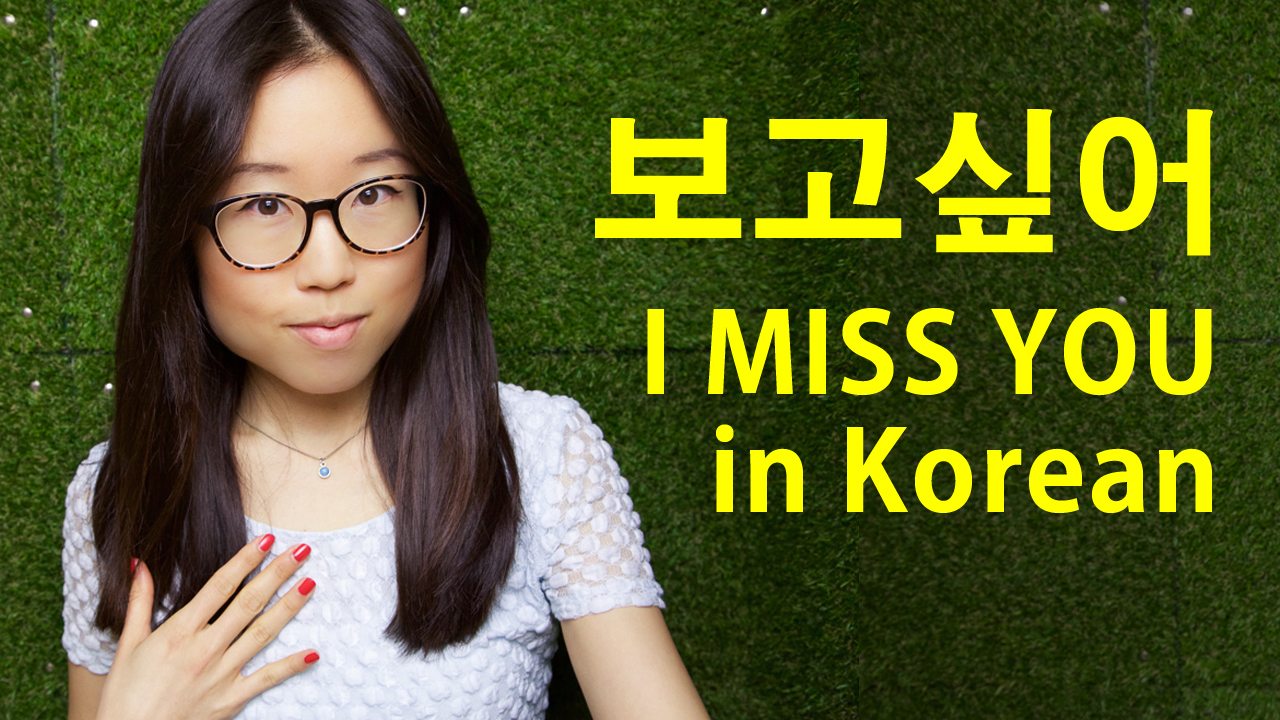Today we’re learning how to say JUST KIDDING in Korean. There are a couple ways, so stick around the learn them all!
One way to say just kidding is 장난이야 (jang-nan-ee-ya). 장난 (jang-nan) by itself means "joke." 이야 (ee-ya) means “it is.” The literal translation of 장난이야 is “It’s a joke.” But remember 장난이야 is the Korean way to say JK, just kidding. 장난이야 is informal, so use it towards those your age and those younger than you. Much like “just kidding,” you can say 장난이야 in various situations. Typically you’d say a little lie first, then say just kidding. Here's an example:
You say:
어머 어머. 움직이지 마!
Omo omo. Oomjikiji ma!
OMG. Don’t move!
Your friend says:
왜?
Wae?
Why?
You say:
네 머리에 벌레 있어!
Ne muriae buhllae issuh!
There’s a bug in your hair!
Your friend says:
빨리 떼 뻐려!!!!
Bballee ddae bbuhryuh!!!!
Hurry up and take it off!!!
You say:
장난이야. 벌레 없어.
Jangnaniya. Buhllae ubssuh,
Just kidding. There’s no bug.
So we know that 장난이야 (jang-nan-ee-ya) is INFORMAL. The FORMAL version is 장난이에요 (jang-nan-ee-ae-yo). Use this version towards those older than you.
Before I teach you the second way to say JUST KIDDING, here are some phrases using 장난:
당연히 장난이지.
Dangyunhee jangnanigi.
Of course I’m just kidding.
장난할 때가 아냐.
Jangnanhal ddaega ahnya.
This is no time for a joke.
내가 장난하는 것처럼 보여?
Naega jangnanhaneun gutchuhrum boyuh?
Does it look like I’m joking around?
장난 하지마.
Jangnan hajima.
Don’t joke around.
장난인 줄 알았어.
Jangnaneen jool arassuh.
I knew it was a joke.
장난아니야. 진짜야.
Jangnanahniya. Jinjjaya.
I’m not kidding. It’s for real.
장난이었어도 너무 심했다.
Jangnaniussuhdo nuhmoo shimhetda.
Even though if it was a joke, it was harsh.
트래픽 장난 아니다.
Teuraepik jangnan anida.
This traffic is no joke.
울지마. 장난이야.
Ooljima. Jangnaniya.
Don’t cry. I’m just kidding.
Another way to say JUST KIDDING is 농담이야 (nong-dam-ee-ya). 농담 (nong-dam) by itself also means joke. 농담이야 is informal. The FORMAL way to say this is 농담이에요. Example situations:
You tell your bro:
김치없어. 내가 다 먹었어.
Kimchi obssuh. Naega da mugussuh.
There’s no more kimchi. I ate it all.
Your bro goes:
뭐?!
Mwo?!
What?!
You say:
농담이야! 여기 더 있지롱~
Nongdamiya! Yuhgi duh itjirong~
Just kidding! There’s more here~
Here are some phrases using 농담:
농담이지?
Nongdamiji?
You’re kidding, right?
농담이었으면 좋겠다.
Nongdami uhsseumyun joketda.
I wish it was a joke.
난 농담 안해.
Nan nongdam anhae.
I don’t do jokes.
농담할 때가 아냐.
Nongdamhal ddaega anya.
This is no time for jokes.
무슨 농담이 그래?
Mooseun nongdami geurae?
What kind of joke is that?
The third way to say “just kidding” is 뻥이야 (bbung-ee-ya). Use it when something is obviously a big lie. And yet another way to say “just kidding” is 구라야. It’s similar to 뻥이야.
We’ve learned four ways to say “just kidding.” Which one should you use?
장난이야 and 농담이야 are the most common ways to say “just kidding.” Their formal versions can be used towards those older than you. Use 뻥이야 and 구라야 towards those your age or younger.
See you next week on my YouTube channel to learn more about Korea!



